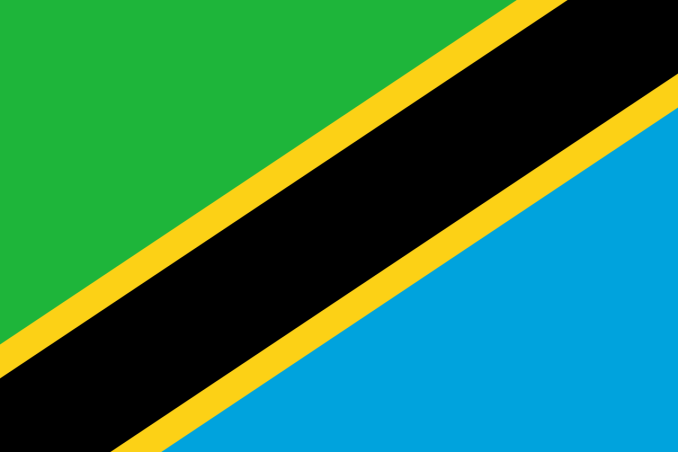Tanzania: Why cheque transactions have plunged

That popular banking slogan ‘your cheque will mature after four working days’ is slowly but surely diminishing as the banking sector increasingly adopts technological payment systems that render cheques inconsequential.
Those in their late and middle working ages, as well as retired officers, will remember how cheque issuance used to be the most popular mode by their employers whenever they were to receive their travel and transfer allowances, salaries, terminal benefits and pension payments.
At some point, individuals could find prestige in issuing person-to-person loans - and repaying same through cheques.
But, today, an employee seeking travel allowances from an employer will simply require to fill-in the relevant forms and wait for approvals before the money lands directly into his/her bank or mobile account.
As a result, an analysis of Bank of Tanzania (BoT) data on cleared cheques shows a massive decline in both volume and value of cleared cheques during the six years or so.
The value of cheque transactions in the local currency decreased by over 66 percent from Sh7.69 trillion in 2014 to Sh2.58 trillion in 2019.
The volume of annual cheque items cleared also decreased from 1,646,535 in 2014 to 869,021 in 2019.
In terms of foreign currency, 363,638 cheques valued at $1.1 billion were cleared in 2018, while in 2019 the number dropped to 195,285 items valued at $416.47 million.
The drop could be partly explained by a rise in technological payment models, including mobile banking transactions and others.
With number of mobile money accounts increasing from 23.6 million in 2019 to more than 30 million by September 2020, the number of payments that is made via mobile has also been going up, Tanzania Communications Regulatory Authority (TCRA) figures show.
In September 2020, a total of 299,258,504 transactions were conducted via mobile platforms. This was higher than 264,435,695 transactions that were conducted in October 2019.
The amount transacted via mobile money rose from Sh9.2 trillion in October, 2019 Sh11.55 trillion in September 2020.
Tanzania Bankers Association (TBA) chairman Abdulmajid Nsekela said the drop signified the advancement in technology that has seen to commercial banks integrating with different players’ payment systems.
“It’s also true that many countries have phased out the use of cheques due to technology advancements where most payment are done digitally and in the case of Tanzania the government is now collecting taxes through GePG [Government e-Payment Gateway] and hence encouraging more digital payments,” he said.
Mr Nsekela, who doubles as chief executive officer for CRDB Bank Plc, said banks were currently offering mobile banking, internet banking as well as payments through Points of Sale (PoS) which have reduced the need for cheques.
The presence of agent banking (commonly known as ‘Wakala’) and money transfer systems through integration with mobile network operators have made payment easy throughout digital channels.
As a result, he said, cheque transactions have largely gone down and that it (cheque transactions) were mostly being conducted through business-to-business.
“This being the case, I believe that even in Tanzania as the use of technology continues to evolve, we expect the usage of cheque will continue to decline and eventually phased out in the future,” he said.
Still trusted
A BoT official - who asked not to be named for not being the official spokesperson of the banking sector’s regulator - said there was no end in sight for use of cheques because corporate companies trusted them a lot.
While cheques were still being used between corporate bodies and commercial banks, the same [use of cheques] between the government and the BoT had become almost negligible.
“Overall, the government has reduced its number of cheques whereby in the past we would receive about 2,000 or more cheques on a monthly basis. However, since 2018, we only receive about 20 to 30. It is only on a few months that we receive up to 100 cheques to clear,” the source said.
This, the source said, was because with the government shifting to the Electronic Fund Transfer (EFT), the position of cheques as an official instrument has dropped to almost five percent on a daily basis.
Recently South Africa announced that, starting January 1 this year, cheques would not be recognized as a method of payment.
South Africa joins Namibia which abolished cheques in July 2019.
The countries joined other groups of European countries that have dumped paper cheques to a large extent - including Britain, Germany, Sweden, Norway, Poland and much of the rest of Europe.
SOURCE: THE CITIZEN / Rosemary Mirondo / Josephine Christopher
 Africas leading resource for digital financial services
Africas leading resource for digital financial services


comments